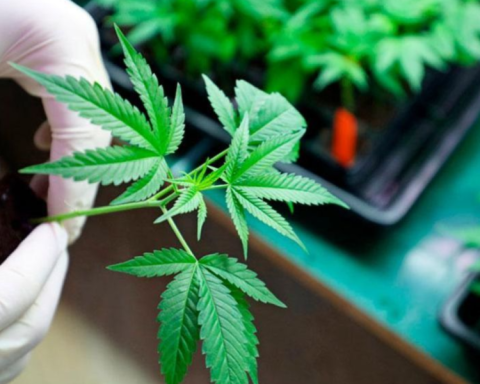Despite the annual growth, total exports showed a monthly reduction of 0.26%, the net result of a drop of 6.05% in oil exports and an increase of 0.24% in non-oil exports.
Thus, a trade deficit of 18.904 million dollars was reached for the January-July period.
Within non-oil exports, an increase of 15.8% was observed during the first seven months of the year, compared to the same period in 2021. 82.3% of these exports went to the United States and 24.71% of the total came from the industry. automotive.
In fact, exports of automotive products showed an annual growth of 9.5% in July.
Rise in imports of intermediate goods
On the other hand, imports grew 16.7% annually during July, with a variation of 10.8% in non-oil imports and 63.8% in oil imports.
And, by type of good, imports of consumer products advanced 37.1%; those of intermediate goods, 13.9% and those of capital goods, 13.8%.
Thus, total imports from Mexico during July reached a value of 52,464 million dollars.
It is worth highlighting a 77.8% increase in the import of oil consumer goods, such as gasoline, butane gas and propane.
“High imports of oil and non-oil consumer goods fueled the deterioration of the country’s trade balance, with a deficit above expectations. Going forward, we expect a competitive exchange rate and the gradual easing of frictions that have been plaguing various manufacturing supply chains to support Mexican exports, albeit mitigated by softer US and global external demand.” , indicated the financial group Goldman Sachs.
Although, in reality, the bulk of imports are of intermediate use goods, that is, those that will undergo a transformation within Mexican industries, before reaching a final product. These imports represent 79% of the total and had an annual increase of 13% during July.
With information from Reuters.

















